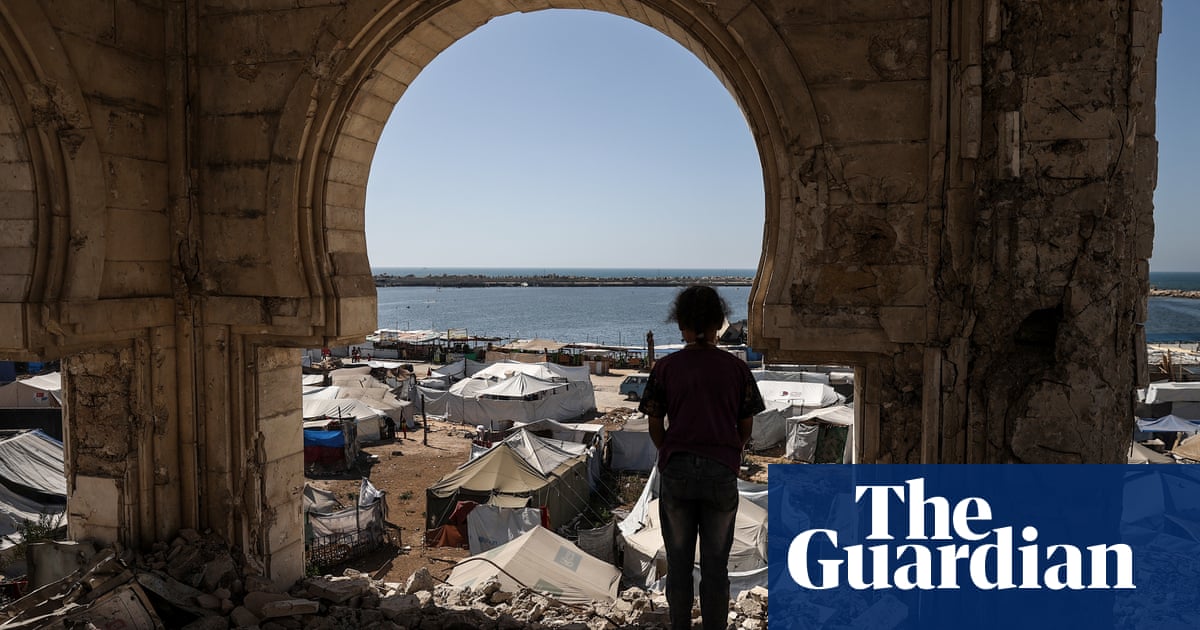The head of a US-backed private humanitarian organisation that is tasked with distributing aid in Gazausing an Israeli-initiated planresigned on Sunday, saying that the operation could not fulfil its mission in a way that adhered to “humanitarian principles”.
Executive director Jake Wood announced his resignation in a statement from theGazaHumanitarian Foundation (GHF), adding fresh uncertainty to the operation’s future.
The foundation, which has been based in Geneva since February, has vowed to distribute 300 million meals in its first 90 days of operation. But the United Nations and traditional aid agencieshave already said they will not cooperate with the group, fearing it violates “fundamental humanitarian principles” and breaches international law.
The GHF has emerged as international pressure mounts onIsraelover the conditions in Gaza, where it has pursued a military onslaught in response to the 7 October 2023 attacks by Hamas. Early on Monday an Israeli strike on a school housing displaced people in Gaza killed at least 13 people and injured dozens, local authorities said.
“Two months ago, I was approached about leading GHF’s efforts because of my experience in humanitarian operations” Wood said in the statement.
“Like many others around the world, I was horrified and heartbroken at the hunger crisis in Gaza and, as a humanitarian leader, I was compelled to do whatever I could to help alleviate the suffering.”
Wood stressed that he was “proud of the work I oversaw, including developing a pragmatic plan that could feed hungry people, address security concerns about diversion, and complement the work of longstanding NGOs in Gaza.”
But, he said, it had become “clear that it is not possible to implement this plan while also strictly adhering to the humanitarian principles of humanity, neutrality, impartiality, and independence, which I will not abandon.”
Monday’s attacks on Gazafollowed a deadly weekendin which at least 38 people were killed in 24 hours, health officials in the Palestinian territory have said.
Israel stepped up its military operations in the enclave in early May, saying it is seeking to eliminate Hamas’ military and governing capabilities and bring back the remaining hostages who were seized in October 2023.
Despite mounting international pressure that pushed Israel to lift a blockade on aid supplies in the face of warnings of looming famine,prime minister Benjamin Netanyahu said last weekthat Israel would control the whole of Gaza.
Wood called on Israel “to significantly expand the provision of aid into Gaza through all mechanisms” while also urging “all stakeholders to continue to explore innovative new methods for the delivery of aid, without delay, diversion, or discrimination.”
UN officials have said the foundation’s aid distribution plans would only foment forced relocation of Palestinians and more violence.
That plan, which had been set to begin by the end of May, was initiated by Israel and involves private companies – instead of the UN and aid groups who have handled Palestinian aid for decades – transporting aid into Gaza to a limited number of so-called secure distribution sites, which Israel said would be in Gaza’s south.
Heads of household would be expected to collect boxes weighing up to 20kg with several days’ supply of food and basic hygiene items like soap for their families. There is no provision for those too sick or weakened by famine to walk long distances across Gaza’s ruined landscape with heavy loads.
“From what we have understood, the plan would increase the ongoing suffering of children and families in the Gaza Strip,” UN children’s fund spokesperson Jonathan Crickx said earlier this month.
“How is a mother of four children, who has lost her husband, going to carry 20kg back to her makeshift tent, sometimes several kilometres away?” Crickx said. “The most vulnerable people, including the elderly, people with disabilities, the sick and wounded, and orphans, will face huge challenges to access aid.”
With Reuters and Agence France-Presse
